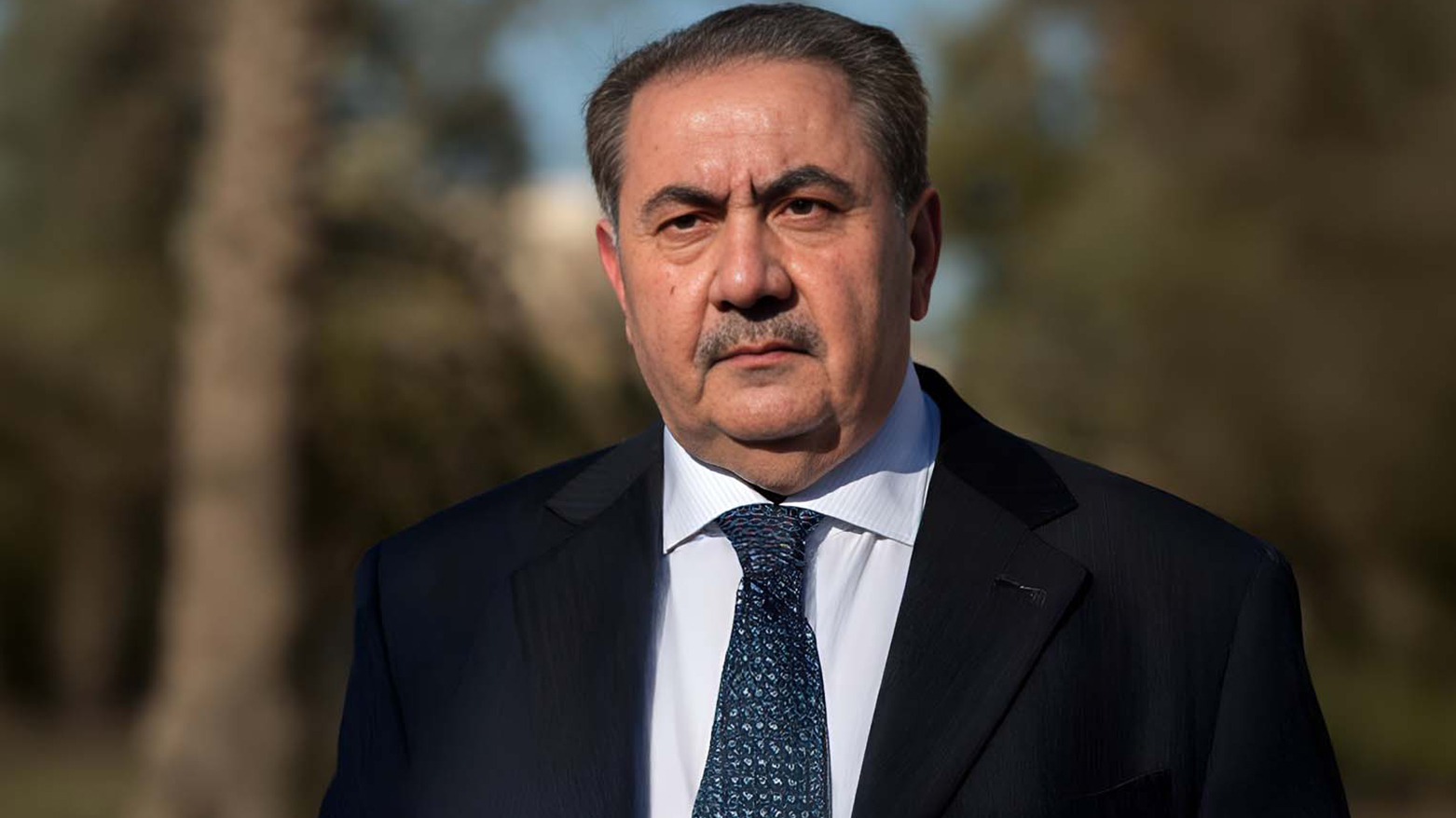Hoshyar Zebari Warns of Possible Delay in Forming Iraq’s Next Government
Hoshyar Zebari warns forming Iraq’s next government may face delays, urging broader alliances as post-election negotiations intensify and key blocs struggle to shape a viable coalition.

ERBIL (Kurdistan24) – Hoshyar Zebari, a member of the Kurdistan Democratic Party’s (KDP) Political Bureau, warned on Friday that the formation of Iraq’s next federal government could face significant delays unless political forces agree on a wide-reaching coalition.
Writing on his X account on Friday, Zebari said Iraq’s political landscape is set to undergo “major changes” following the announcement of preliminary parliamentary election results. He stressed that broader alliances are now essential to navigate the next phase.
Zebari noted that the likelihood of postponing the formation of the new cabinet remains open, adding that accelerating negotiations has become crucial.
“The political map of Iraq will witness major transformations after the announcement of the parliamentary election results,” Zebari wrote.
“Broader alliances are necessary, and the possibility of delaying the formation of the next Iraqi government is real. Advancing the talks on forming a new cabinet is important.”
According to analysts, Iraq has now moved into a sensitive and conflict-laden stage of political bargaining following the release of results by the Independent High Electoral Commission. Despite the “Building and Development” coalition led by Mohammed Shia’ al-Sudani securing the highest number of seats across eight provinces, the path toward forming a new government remains far from straightforward.
The upcoming negotiations are expected to be dominated by three potential scenarios, each revolving around the two central Shia political figures: al-Sudani and Nouri al-Maliki.
The first and most prominent scenario involves forming a wide political alliance led by Sudani, including major Kurdish and Sunni forces. Sudani has publicly emphasized openness toward all parties without discrimination, making this the most viable route to achieving a governing majority.
The second scenario centers on reconfiguring the Shiite Coordination Framework in a new form. However, strong rivalry between Sudani and Maliki complicates this path, even if they remain the two core actors within the Shia bloc.
The third possibility is the emergence of a new alliance transcending sectarian and ethnic boundaries, composed of civil and independent forces that made gains in this election cycle.
Although Sudani’s coalition holds the largest number of seats — potentially exceeding 50 — this remains insufficient for forming a government within a 329-seat parliament. Negotiations with Kurdish and Sunni blocs, along with managing internal Shia rivalries, are expected to stretch over several months, similar to previous election cycles.
Iraq now stands on the threshold of decisive and potentially prolonged negotiations. The success of forming the next federal cabinet depends heavily on reaching an agreement with Kurdish and Sunni partners, while containing tensions within the Shia political house.
The special voting took place on Sunday, November 9, followed by the general vote on Tuesday. According to the electoral commission, participation reached 82.42% in the special vote and 54.35% in the general vote.
As political forces begin a new round of bargaining, Zebari’s warning reflects the growing concern that government formation may face delays — unless Iraq’s major blocs move quickly to solidify a broad and functional governing coalition.